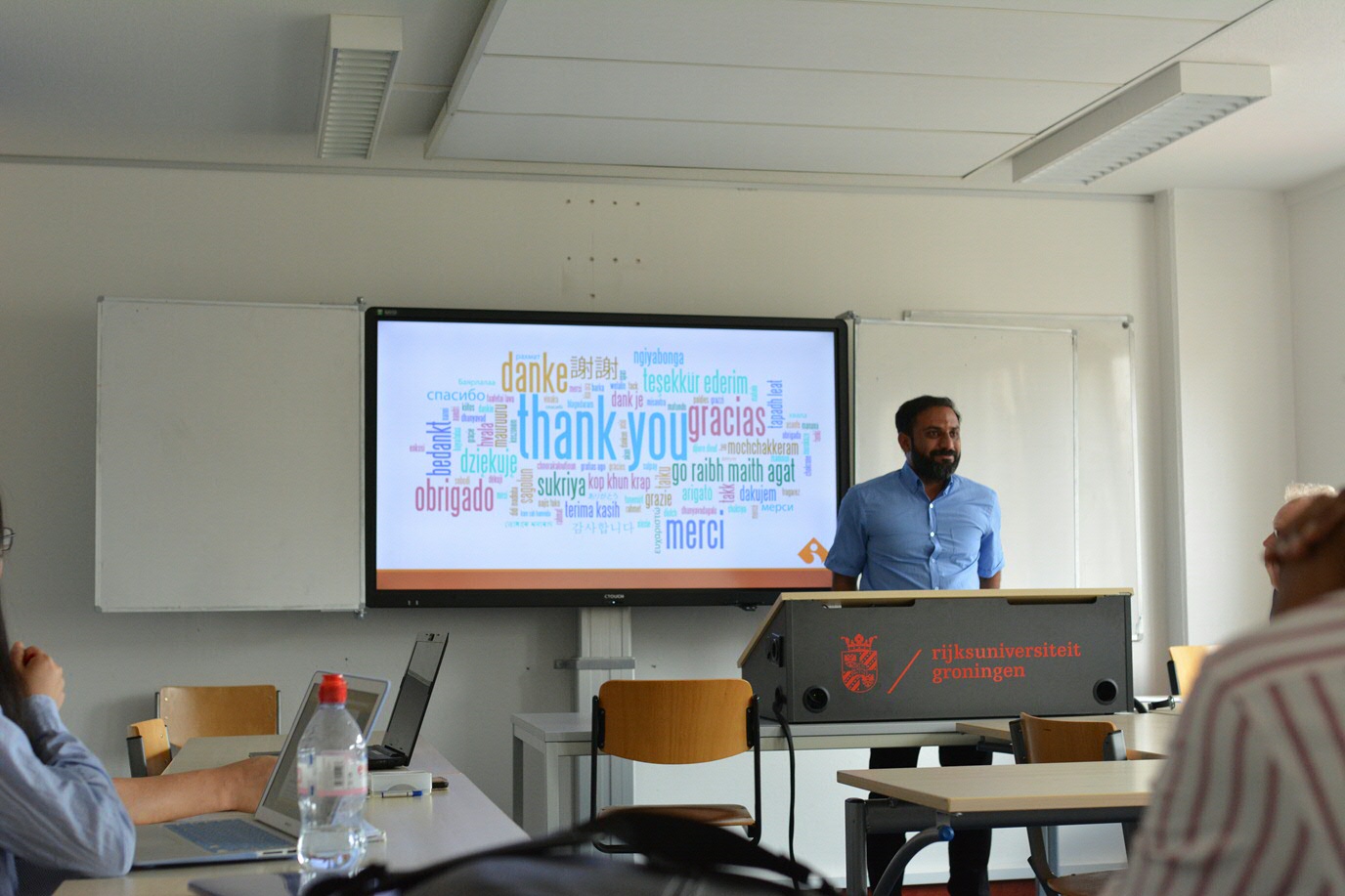Corporate Governance and the Effectiveness of Boards
What do boards do? What factors influence what they do and how they do it? How do they perform and contribute to the overall performance of the company they represent? In this summer school we answer these questions, taking a multi-disciplinary approach using insights from economics, finance, management,sociology and psychology.
Understanding how corporate boards are formed and how they act has become an important topic. Corporate failures and scandals such as Enron and Parmalat in the early 2000s and, more recently Tesco (2014), Volkswagen (2015), and Wirecard (2020), have heated up debates among investors, policy makers, media, academics and the wider public, with respect to the role of boards in these scandals. Simultaneously, boards have to deal with new questions and norms, such as increasing environmental, social and governance concerns. In general, boards play a key role within organizations and the economic system in general.
Board research primarily explores the impact of boards on firm strategic decisions and outcomes. Initially, emphasis was on linking board and individual traits to firm performance metrics. More recently, scholars have shifted focus to contextualizing boards' roles within firms, considering formal (laws, regulations, government quality) and informal institutions (culture, values, trust) as determinants of board characteristics, roles, and decision-making processes.
Simultaneously, more recent research delves into cognitive and behavioral dimensions of team and board decision-making. This area aims to unveil the "black box" of interactions among members, elucidating their effects on decision-making, team/board effectiveness, and organizational performance. Key areas of focus include trust, conflict management, commitment, information sharing, reflexivity, among others.
Aim of the summer school
The aim of this summer school is to discuss the strength and weaknesses of both research pillars and their contribution to our understanding of how boards are formed and how they work in order to effectively perform their roles. We explicitly aim to determine to what extent their questions, methods, data, and outcomes are complementary or substitutes. Our approach is multi-disciplinary, meaning that we discuss research from economics, finance, management,sociology and psychology. We will also deal with measurement issues and discuss datasets and methodologies to use these datasets in research. Participants are invited to present their own research (ideas) in the field of board effectiveness.
Practical information
|
Dates & location
|
7 - 11 July 2025, Groningen, the Netherlands
|
|
Level
|
Research Master, PhD, Postdoc, Academic (assistant, associate, full professor), Practitioner with clear interest in academic research
|
|
Fee
|
€ 650 (this includes lunches, coffee breaks and two dinners) |
|
Academic coordinators
|
Niels Hermes, Faculty of Economics and Business
|
|
Contact
|
Niels Hermes
c.l.m.hermes@rug.nl |
Requirements
This course is designed for Research Master students, PhD students, Postdoc researchers, Academics (assistant, associate, full professor), and Practitioners with a relevant academic background and a clear interest in academic research.
It is expected that the participants have a sufficient command of the English language to actively participate in the discussions and to present their own work in English.

Programme
Topics will include:
-
Introduction to corporate governance and agency theory
-
Executive compensation
-
Board composition and dynamics
-
Board leadership
-
Ownership structure and the role of shareholders
-
Data and methods in corporate governance research
-
Comparative corporate governance
-
Business elites and top management teams
-
Recent trends in corporate governance research
-
Presentations of research proposals and papers
Learning outcomes
After this course you will be able to:
1. define and describe the basic elements of a corporate governance system;
2. critically assess theories applied in the field of corporate governance;
3. explain and discuss the major research approaches in the field of corporate governance;
4. describe recent trends and topics in research on corporate governance.
Workload
Preparation: 8 hours
Lectures: 30 hours
Presentation: 30 minutes
The workload is estimated at 40 hours (five days from 9-5 with lectures, workshops, assignments and (paper) presentations). Participants who attend all sessions and who present a research proposal or paper on Friday will receive a certificate of participation signed by the coordinators of the summer school.
Upon successful completion of the programme, the Summer School offers a Certificate of Attendance that mentions the workload of 40 hours (28 hours corresponds to 1 ECTS). Students can apply for recognition of these credits to the relevant authorities in their home institutions, therefore the final decision on awarding credits is at the discretion of their home institutions. We will be happy to provide any necessary information that might be requested in addition to the certificate of attendance.
Application procedure
To apply, kindly fill out the online application form and include the following:
-
Curriculum Vitae (max. 2 pages)
-
Motivation letter, clearly stating why you want to join this summer school, what you will bring to the school and what you hope to learn (max. 1 page)
-
If you would like to present their research and get feedback on it during the summer school, please ensure to also submit an extended research proposal or a full draft of a working paper.
We offer financial support to a limited number of participants by waiving the participation fee. If you want to apply for financial support, please apply before 15 April 2025.
The final application deadline is 19 May 2025 (23:59).
Participant evaluations
- ‘A wonderful experience’
- ‘All the lectures have rich content. The …content is great and intensive’
- ‘I really like the informal atmosphere and the inspiring talks. Connecting with the professors is a great opportunity’.
| Last modified: | 27 January 2025 3.04 p.m. |
